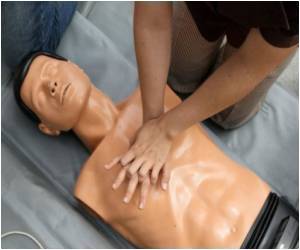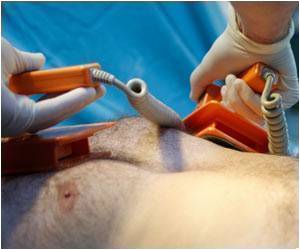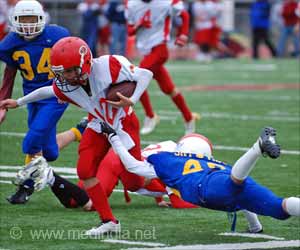CPR can be learnt in one minute, say researchers in a new study funded by the American Heart Association.

The groups were put into identical two-minute scenarios in which researchers asked the study participants to demonstrate what they would do if a person suddenly went into cardiac arrest in front of them. The people in the one-minute video group performed the best.
The participants in the group certainly made better decisions, which proved, as Dr. Gabe Wilson, associate medical director in the department of emergency medicine at St. Luke's-Roosevelt Hospital Center in New York remarked, that people have better interest and recall when information was presented succinctly.
When sudden cardiac arrest takes place, it is not powerful drugs or sophisticated hospital treatment that helps in survival. It is the first few minutes that count when simple CPR could be administered to save the life.
"Only one-quarter of cardiac arrest is treated with CPR," said Dr. Benjamin Abella, clinical research director for the Center for Resuscitation Science at University of Pennsylvania and co-author of the study. "So you have people waiting for the paramedics, which can take five, six or seven minutes. And every minute is making a huge difference on the outcome. With every minute waiting, mortality skyrockets.”
With nearly 300,000 people suffering an out-of-hospital cardiac arrest in the United States each year more people are needed who feel confident to do CPR.
Advertisement
Dr. Michael Sayre, associate professor in the department of emergency medicine at the Ohio State University Medical Center, said that people need to get over their feeling of panic, their concern over their incompetency, and their fears of legal consequences in doing CPR. The video helps people to become more confident in using CPR.
Advertisement
Source-Medindia









